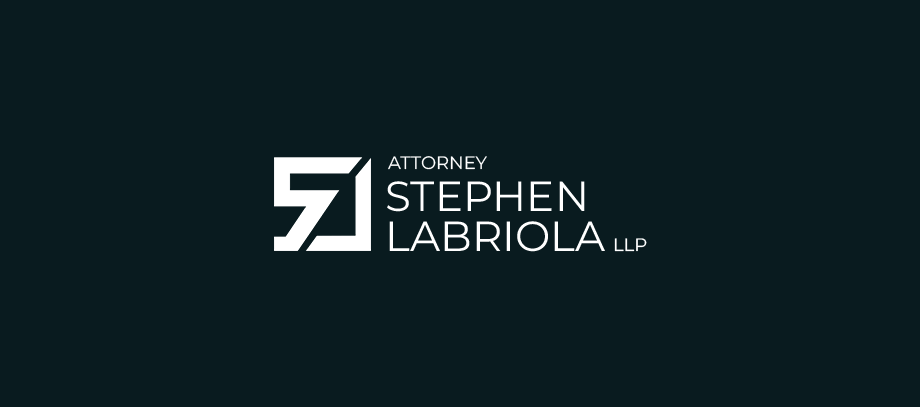When are businesses liable for semi-truck collisions?

Liability for motor vehicle collisions usually falls to individuals. Human error is the driving factor in many significant car wrecks. People get distracted or focus more on short-term convenience than safety. Those involved in collisions often expect to hold the driver who caused the crash accountable.
However, when collisions produce massive expenses, the people affected may need to look for alternative means of securing compensation. Semi-truck collisions could leave a vehicle undrivable, forcing people to replace their primary mode of transportation. They could also cause massive injuries to the occupants of vehicles. Those injuries might generate both lost wages and medical expenses.
Businesses often have more resources than individual drivers, making them better able to cover crash costs. When does a business potentially have liability for a semi-truck collision?
When an employee was at fault
Businesses generally have to accept vicarious liability for the actions of employees. If a worker makes a mistake while operating a vehicle on the clock, the business could potentially be responsible for any collision expenses incurred by other people. Especially in scenarios where company policy leads to questions about a worker’s training or places demands on them that inspire them to break the law, an employer might be liable for the damages caused by a driver on the clock. They can provide insurance coverage or may be subject to a lawsuit.
When the vehicle was the issue
Many transportation companies have their own fleets of vehicles. The company may have a maintenance garage where professional mechanics inspect and repair the big rigs in between trips. In such scenarios, issues with the vehicle could lead to liability for the company for the failure to adequately maintain its fleet vehicles. Other times, the organization has outsourced vehicle repairs and maintenance. Service providers who make mistakes when working on semi-trucks could be liable if those errors directly cause a crash later. Even businesses that hire trucking companies can be liable for crashes. They often load their own trailers, and improper loading could theoretically be to blame for a wreck.
Those in need of a significant amount of compensation after a semi-truck crash may benefit from looking at liability and determining if a business may have a degree of fault for the incident. Exploring every option for compensation can potentially help to mitigate the losses generated by a collision with a commercial vehicle.
